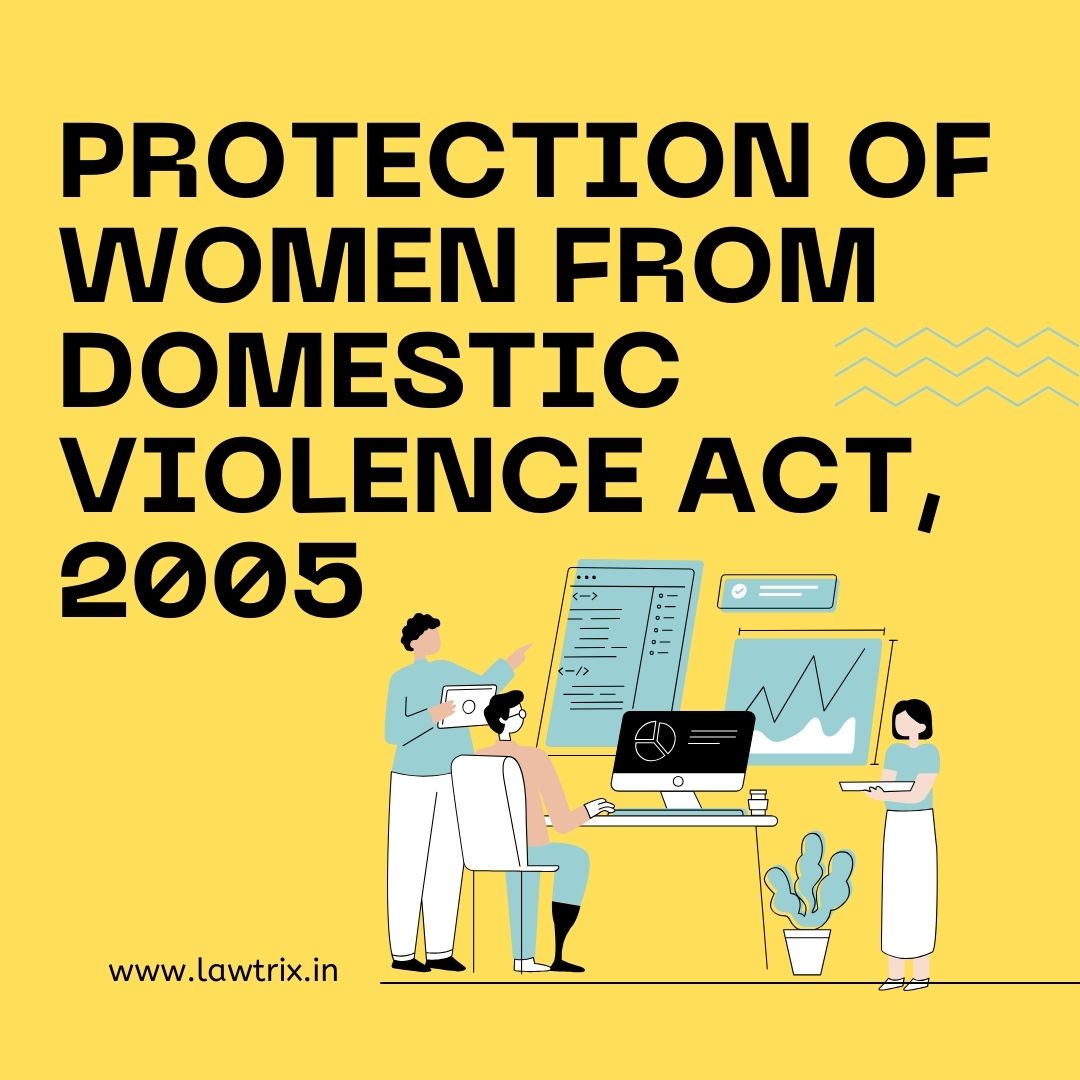


In India, the Domestic
Violence Act refers to the Protection of
Women from Domestic Violence Act, 2005. This act was enacted to address the
issue of domestic violence and provide legal remedies and protection to women
who are victims of such violence. Here are the key provisions of the DV Act in
India:
Definition
of Domestic Violence: The act defines domestic violence
broadly to include physical, sexual, verbal, emotional, and economic abuse. It
covers violence within the household, including abuse by family members such as
spouses, live-in partners, relatives, or anyone in a domestic relationship.
Protection
Officers: The law provides for the appointment of Protection
Officers who are responsible for assisting victims and ensuring compliance with
protection orders.
Protection
Orders: The Act allows for various protection orders,
including protection orders prohibiting the abuser from committing any act of
domestic violence, residence orders providing the victim with temporary
shelter, and monetary relief orders for expenses incurred due to domestic
violence.
Counseling
and Support Services: The law mandates the provision of
counseling, medical assistance, shelter, and other support services to victims.
Rights
of Women: The Act emphasizes the rights of women to a
violence-free environment and provides for their right to reside in the shared
household without any interference from the abuser.
Penalties:
The Act includes penalties for violating protection orders or for
non-compliance with the provisions of the law.
Legal
Aid:
Victims have the right to free legal aid or services to pursue their case under
the Act.
Awareness
and Education: The law encourages awareness programs
and education campaigns to promote understanding of domestic violence and
women's rights.
The Protection of Women
from Domestic Violence Act, 2005, aims to provide a comprehensive legal
framework to address domestic violence against women in India and ensure their
safety and well-being.